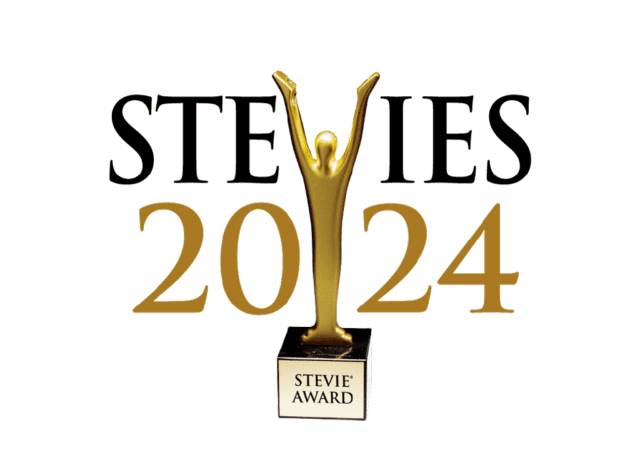WARC – NEW YORK: YouTube was rocked earlier this year when it suffered a mass boycott by brands concerned about their ads appearing next to inappropriate content, but the latest data suggests advertisers are using the video platform as never before.
MediaRadar, the US ad sales software firm, reported in April that it had tracked a 5% drop in the number of advertisers using the top 24 Google Preferred channels between March and April.
However, new findings provided to Marketing Dive and Adweek have revealed that the number of advertisers using these channels soared 50% just a month later in May.
What’s more, some 508 brands were advertising within Google Preferred in June, a reported 134% increase from January, before the brand safety scandal emerged.
MediaRadar also said that trust in YouTube is growing, with more advertisers using Google Preferred channels in May and June than in any other month in 2017.
The average number of channels where ads are run has increased 9% per month, while the number of days advertisers run campaigns is up 10% per month.
“There was a real contraction and reaction [among] brand-name advertisers, but our feeling was that YouTube responded very foreseeably to remedy the situation,” said Todd Krizelman, CEO of MediaRadar, in comments to Adweek.
“Even in the NewFronts, where I thought YouTube said the right things, they even had some of those same advertisers who said that they were going to pull out and did briefly … back on the stage again.”
Most observers would accept that YouTube has been working hard to rebuild its damaged reputation with the announcement of a series of initiatives over the last few months to combat online extremism.
Just last week, the company announced that it had doubled the number of videos it had removed for containing extremist content, and has doubled the rate at which it removes them.
It has also developed software, known as the Redirect Method, which steers would-be jihadists to anti-hate videos aimed at debunking extremist narratives.
To see the full story: click here


